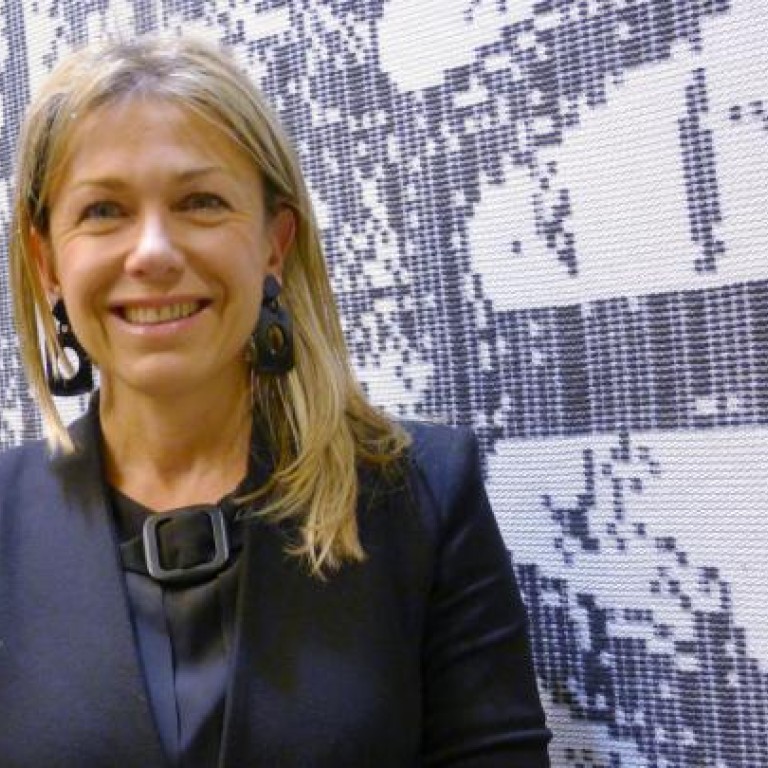
Hong Kong business lacking female executives, says Sian Westerman
HKEx pledges to tackle diversity, as city lags London when it comes to promoting women to the top echelons of corporate power
Hong Kong may have had more initial public offerings than London in the past two years, but in terms of promoting women to the top echelons of corporate power, the city is far behind.
In a consultation process that ended last month, Hong Kong Exchanges and Clearing proposed to make diversity a matter of corporate governance, requiring companies to provide an explanation if their boards lack diversity.
Hong Kong, however, is a late mover in this direction. Two years ago, the British government appointed former Standard Charted Bank chairman and British trade minister Mervyn Davies, now vice-chairman of Corsair Capital, to study how the country's corporate boards can be diversified, and laid down that all Britain-listed companies should fill at least a quarter of their boards with women by 2015.
Sian Westerman is a steering committee member of 30 Percent Club - a group of chairmen voluntarily committed to bringing more women into British corporate boards - and managing director of financial advisory group Rothschild. She said London had improved a lot in terms of promoting women to boards since the Davies Report.
The percentage of women on the FTSE-100 companies now stands at 17.3 per cent, from 12.5 per cent two years ago. Hong Kong-listed companies currently have just about 10 per cent of women on their boards.
Currently, only 8 per cent of FTSE-100 companies are "all-boys-club" boards, compared with 21 per cent two years ago. The corresponding number for Hong Kong companies, including HKEx itself, is 40 per cent.
"We have seen a lot of improvements over the past two years following the Davies Report. Listed companies are now more aware of the need to have more diversity, including gender diversity, on their boards," Westerman told the in her London office.
This year, she said, 45 per cent of the new directors appointed were women, compared with 13 per cent in 2010.
Westerman said heavyweight companies such as HSBC, Rothschild, the Big Four accounting firms and retailers, such as John Lewis and Marks & Spencer, had joined 30 Percent Club, which recently said it would set up a chapter in Hong Kong.
Westerman said having more women board members was good for the overall efficiency of the boardroom and, by extension, business, as it brought in more diverse points of view.
"It also helps companies to understand customers' needs: approximately 70 per cent of household purchasing decisions are directed by women," she said. "Having women on the board thus adds valuable perspectives on consumers."
She believes the reason why there are so few women on corporate boards has less to do with discrimination than with a wide range of issues, including the lack of understanding by companies of the business benefits of diversity in board composition.
Women, she said, also sometimes refrained from joining the race for the top jobs as they had to take up greater responsibilities than men at home. "Women should also be prepared for leadership roles," she said.
A top banker, Westerman has had to take care of her two sons, now 16 and 13, but she managed to do it by sharing household chores with her husband and getting herself some excellent domestic help.
"Rothschild, where I have worked for 24 years, has been very flexible in allowing me to manage both my job and my family. Technology also helps as now I can serve my clients from anywhere by e-mail or by my phone," she said.

